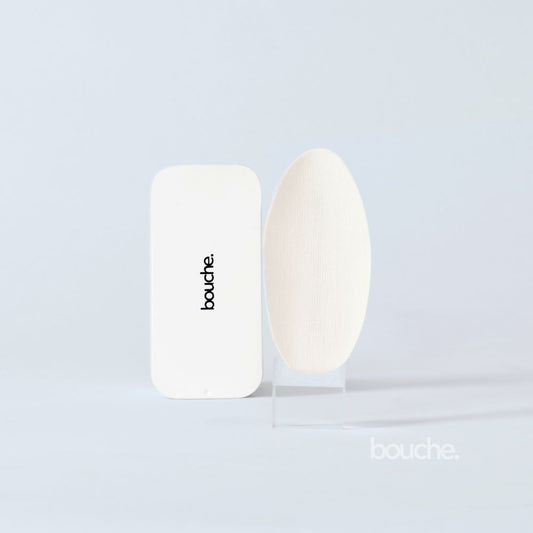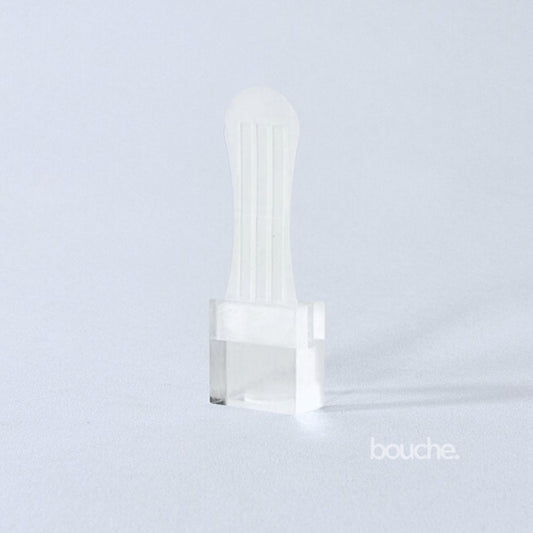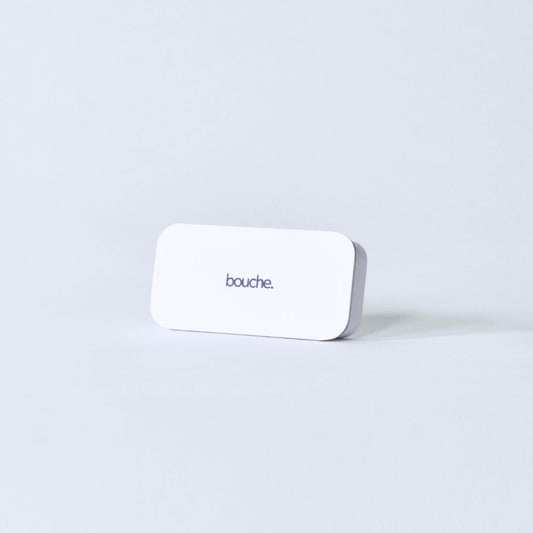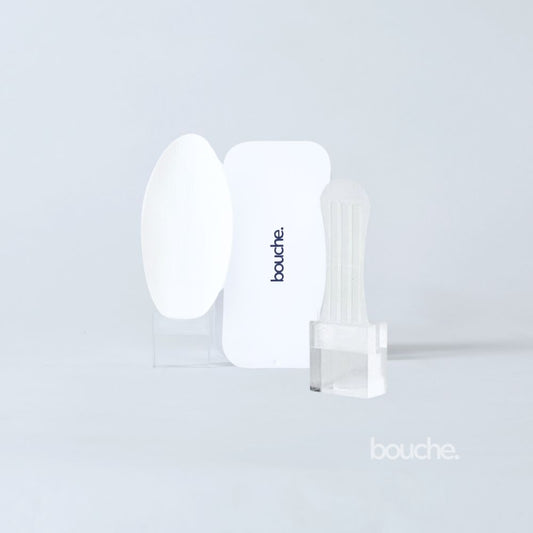Sleep is a vital restorative process crucial for gearing up the body to tackle daily challenges. Consistent, high-quality sleep is paramount for maintaining peak mental and physical performance, as it orchestrates fundamental physiological activities that optimize brain and bodily functions, but more and more people are reporting bad sleep, and “once sleep is disrupted, it can impact mental and physical health, which may in turn cause further sleep disruption,” said Athena Akrami, PhD, a neuroscientist at University College London.
Poor sleep quality significantly impairs cognitive functions, memory, mood, productivity, and immune function, besides increasing the risk of chronic health problems.
Most of the resources available to help people achieve their best sleep focus on better sleep hygiene practices such as maintaining a consistent sleep schedule, optimizing sleeping environment, and practicing relaxation techniques before bedtime. These things and many others (caffeine consumption, eating windows, stress levels) are very important, but what is not discussed is that more and more people are not getting restful sleep when they sleep.
In the U.S alone there is about 30 million people in the United States have sleep apnea, but only 6 million are diagnosed with the condition (1). The proportion of people with sleep disordered breathing is even higher, and increasing in prevalence.
“Sleep apnea is essentially a disorder where while we’re sleeping at night, the airway either closes off completely or becomes so narrowed that the oxygen level drops,” said Dr. Rosen. Breathing only from your mouth due to nasal congestion from infection is usually temporary, but doing it long-term can lead to health issues.

Humans aren't meant to be mouth breathers. Mouth breathing triggers your body's fight of flight mechanism, where as only nasal breathing activates our rest and digest state, your enabling you to achieve REM sleep. Furthermore, you are absorbing less oxygen when mouth breathing, approximately almost 20% less every night. Not only will this leave you feeling tired and groggy, but the incorrect resting position (mouth open) can impact your physical features, such as: crooked teeth, facial deformities, or poor jaw and cheek bone growth. Furthermore, dentists emphasize that a number of oral health issues are created when mouth breathing. Mouth breathing dries out the mouth creating the perfect environment for bacterial to flourish leading to dry mouth, bad breath, cavities and gum disease.
But how does how we breathe directly impact our sleep?
-
Oxygen Supply: Adequate breathing ensures a continuous supply of oxygen to the body. During sleep, the body undergoes restorative processes that require oxygen to repair tissues, grow muscles, and produce hormones. Poor breathing can lead to reduced oxygen levels, affecting these critical functions.
-
Sleep Apnea: Conditions like sleep apnea, where breathing repeatedly stops and starts during sleep, can severely disrupt sleep cycles. This leads to fragmented sleep, reducing the amount of restorative deep and REM sleep, and can result in daytime fatigue, cognitive impairment, and increased risk of cardiovascular diseases.
-
CO2 Levels: Proper breathing helps maintain the balance of carbon dioxide (CO2) and oxygen in the blood. An imbalance, such as excessive CO2 due to poor breathing, can disturb the body's pH level and lead to conditions like hypercapnia, which can interfere with sleep quality and cause headaches, dizziness, and anxiety.
-
Nervous System Regulation: The way we breathe influences the autonomic nervous system. Slow, deep breathing can activate the parasympathetic nervous system, promoting relaxation and aiding in falling asleep. Conversely, shallow or irregular breathing can activate the sympathetic nervous system, increasing stress and making it harder to fall asleep and stay asleep.
-
Mental Health: Breathing is closely linked to mental health. Anxiety and stress can cause hyperventilation or irregular breathing patterns, which can disrupt sleep. Learning to control and regulate breathing can help manage stress and improve sleep quality.
Not only will mouth breathing impact your sleep and energy on a daily basis, but decades of mouth breathing can have dangerous outcomes, Dr. Chediak explains "we're worried about your heart and your brain health because we know that if we don't do a good job controlling the sleep apnea and the lack of oxygen, we see more heart attacks and more strokes,” Snoring is normalized but it is actually a dangerous symptom of a bigger problem. Proper breathing techniques and addressing any breathing-related sleep disorders can significantly improve sleep quality and overall well-being.
How To Stop Mouth Breathing
So how to stop mouth breathing? Many sleep experts, dentists, and doctors suggest mouth tape. Mouth tape gently seals lips naturally inducing sleepers to breathe through their nose.
Is It Safe To Mouth Tape?
The first question everyone asks - is it safe? Yes, there has been comprehensive studies that have been conducted to analyze the safety and efficacy of mouth tape. Standford Medical Center and Author James Nestor conducted a study with mouth tape to show how quickly changing how you breathe can improve your health and sleep.
Can I Use Any Type of Tape?
It is important to use a medical grade tape that is meant for your skin. Using household products that aren't meant to be on your mouth can be dangerous. Medical tapes can be used but the most common complaints are that it falls off in the middle of the night, is uncomfortable, doesn't work with facial hair, and you'll need multiple pieces to keep your mouth closed. After trying more than 10+ different types, our favourite was Bouche. It is flexible, comfortable, and didn't fall off. Its oval design makes minimal contact with my skin, and I love that the one-size fits all piece covers my whole mouth. Some of the other mouth tape brands I tried either had a small hole in the middle or were shapes that didn't cover the entirety of my mouth, which made me feel like I ended up mouth breathing anyways.
1. https://www.ama-assn.org/delivering-care/public-health/what-doctors-wish-patients-knew-about-sleep-apnea
2. https://www.apa.org/monitor/2021/06/news-concerns-sleep






